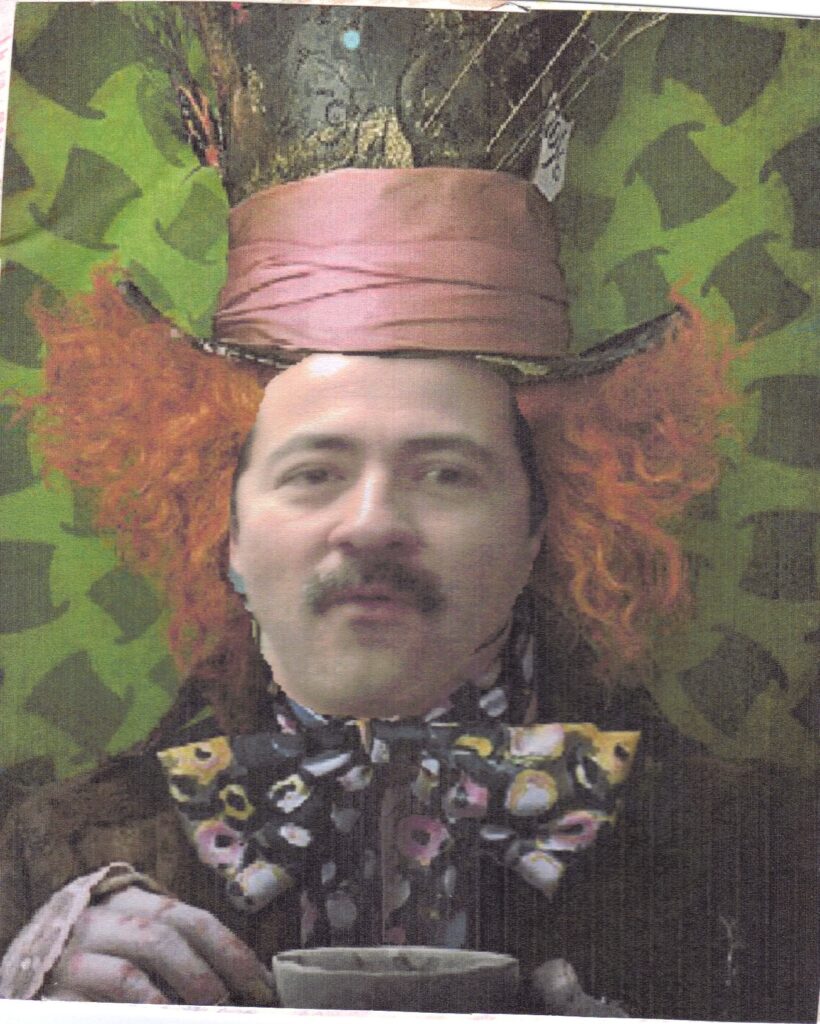
putting my face in characters.
I encouraged it.
I was thinking about my sense of humor. Most people that don’t know me well enough, don’t know that I have a sense of humor. I was thinking about this today. Where did I get this sense of humor? I tried to go back and think who in my family had a sense of humor and I could only think of my mom when she was happy. She didn’t joke around but her expressions and even the few times I saw her dancing or singing was part of this good sense of humor. Sense of humor involves not only being silly, saying silly things or joking. Humor doesn’t have to be crass either. As I thought about it in my life, I couldn’t remember that I had it in my early childhood. As a young adult I liked saying funny things but in a serious way, especially when I taught in front of people. I think it “flourished” when I became a teacher in elementary. I found my audience. We had a lot of fun in the classroom and laughed a lot. My students often described me as funny or that my classroom was fun. I always had a good sense of when to stop and be serious. I was demanding as a teacher, but I believed in having a good sense of humor. This has prevailed in me, though mostly expresses with those close to me, especially my wife and my fourteen-year-old daughter who loves being silly and funny. At times we drive my wife crazy. But this makes our time together fun. We can look at things and laugh about the silliness of it. We can say things that are funny. Having humor helps us be creative and see life differently. Humor has value.
Recently I heard a comedian say in a speech to recent graduates say “Do not lose your sense of humor…Not enough of life makes sense to survive without humor…you gotta laugh. That is the one thing at the end of your life you will not wish you did less of. Humor is the most powerful, most survival, essential quality you will ever have or need to navigate through the human experience.”
He goes on but asserts again that if they don’t remember anything of his speech, they should remember to not lose their humor. “And Humor”, he says, “Is not for the stress relief or just the simple fun of laughing but for the true perspective of the silliness of all humans and all existence. That’s why you don’t want to lose it.”[1]
This makes sense to me. There’s too much we experience that hurts, makes us sad, disappointed or that we don’t understand. Humor brings relief.
As God’s creatures, we were created in His image and as such we share some of his characteristics. Is humor part of it? I believe so. I believe that in God’s Kingdom, in the New Heaven and Earth, humor will be part of it. We will laugh together and have a lot of fun. We will have myriads of ways to be funny. There will be times for good silliness. We will enjoy life to the fullest. I’m sure Jesus will join us too.
[1] Jerry Seinfeld commencement address at Duke University’s class of 2024, May 12, 2024.










